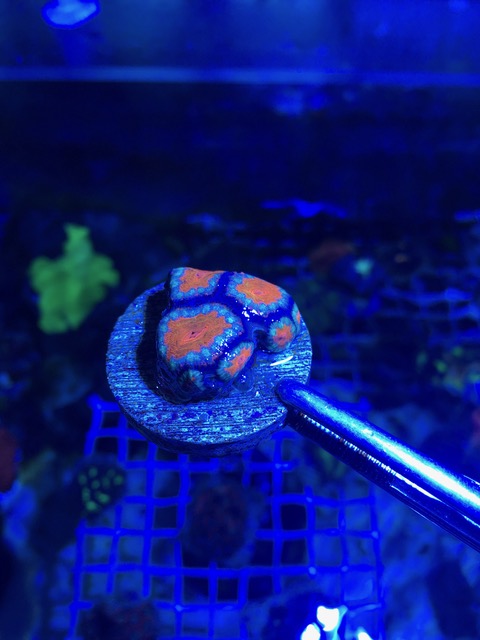Congrats to Prof. Pupa Gilbert on her election as a Fellow of the Mineralogical Society of America! Members who have contributed significantly to the advancement of mineralogy, crystallography, geochemistry, petrology, or allied sciences and whose scientific contribution utilized mineralogical studies or data, may be designated as Fellows upon proper accreditation by the Committee on Nomination for Fellows and election by the Council. The number of fellows elected each year cannot exceed 0.5% of MSA membership.
Fellows newly elected in 2020 are Jeffrey Catalano, Sylvie Demouchy, Pupa Gilbert, Jun-ichi Kimura, Othmar Muntener, Marc Norman, Alison Pawley, Mark Rivers, Ian Swainson, and Takashi Yoshino.

